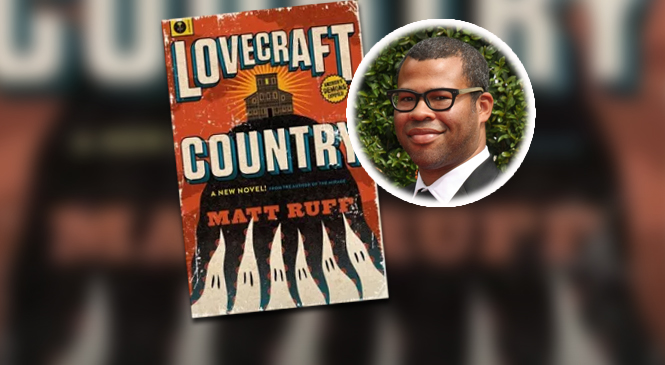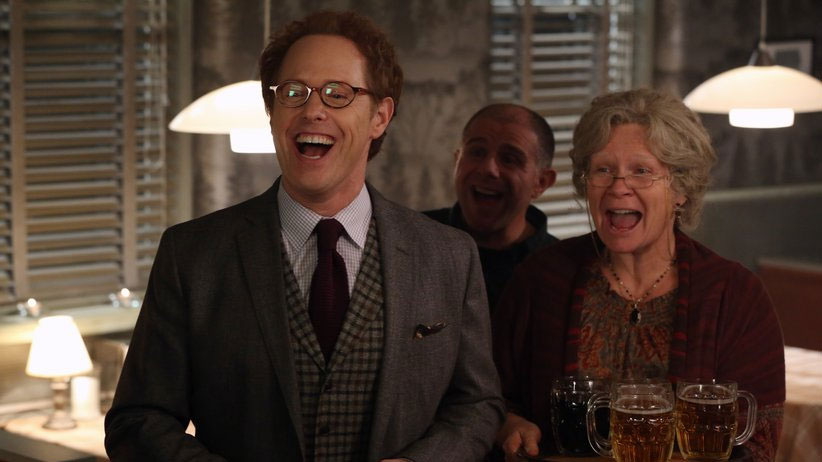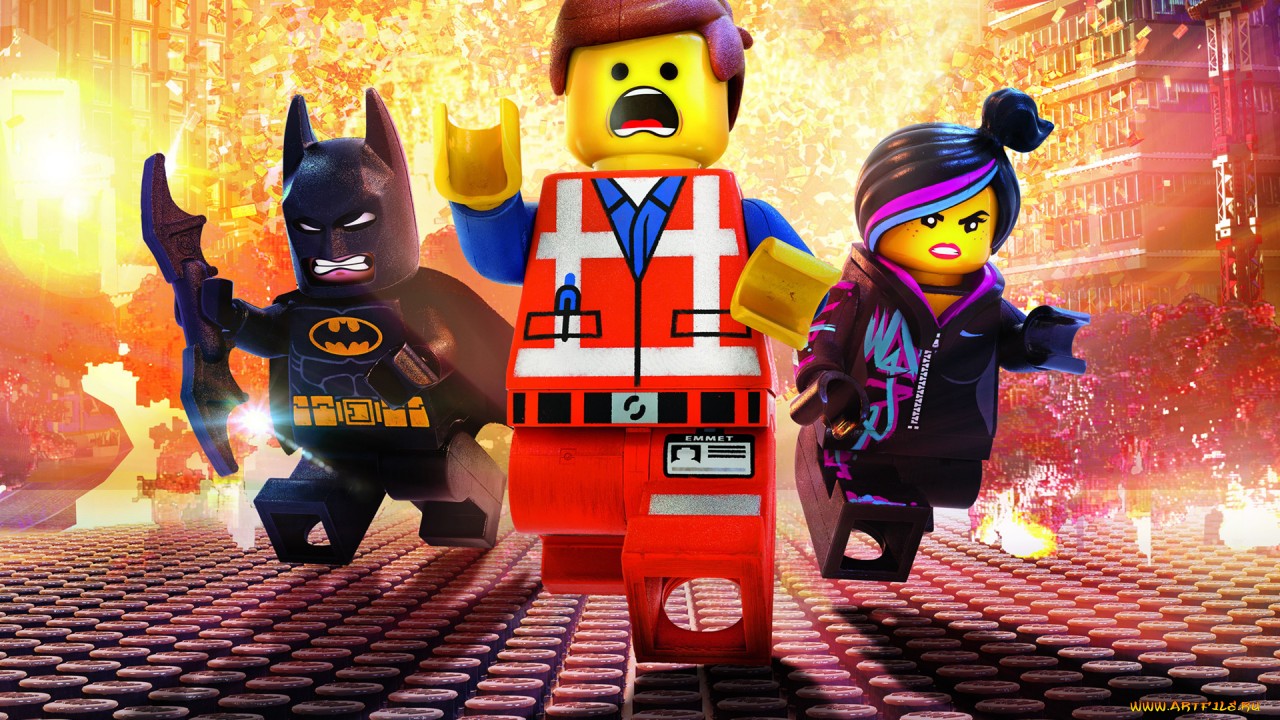HBO Heads for LOVECRAFT COUNTRY with GET OUT Director Jordan Peele

[Banner image courtesy HarperCollins Publishers/Jarrod Taylor]
If you read Mindy Inlow’s SciFi4Me article a few weeks back, you already know that HBO is preparing for the end of Game of Thrones. Several thousand (OK, four five) GoT spinoffs are now being developed. But thanks to Get Out director Jordan Peele, there’s going to be at least one horror adaptation among the fantasy epics.
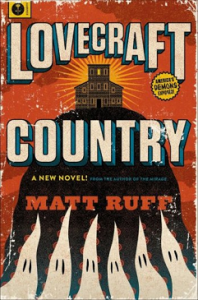 Earlier this week, Deadline Hollywood reported exclusively that Peele and HBO, working with J.J. Abrams’ Bad Robot and Warner Bros Television, are adapting Matt Ruff’s 2016 novel Lovecraft Country as an hour-long drama. According to the article, the producers are aiming to make “an anthological horror series that reclaims genre storytelling from the African-American perspective.” Misha Green, co-creator of WGN’s historical drama series Underground, will write the pilot episode and serve as series showrunner.
Earlier this week, Deadline Hollywood reported exclusively that Peele and HBO, working with J.J. Abrams’ Bad Robot and Warner Bros Television, are adapting Matt Ruff’s 2016 novel Lovecraft Country as an hour-long drama. According to the article, the producers are aiming to make “an anthological horror series that reclaims genre storytelling from the African-American perspective.” Misha Green, co-creator of WGN’s historical drama series Underground, will write the pilot episode and serve as series showrunner.
Lovecraft Country begins as a road trip story in a slightly off-kilter 1950’s America. Atticus Black comes home to Chicago from a tour of duty in Korea. He discovers his estranged father is missing, and the few clues remaining lead him on a journey to Ardham, Massachusetts … and Lovecraft Country.
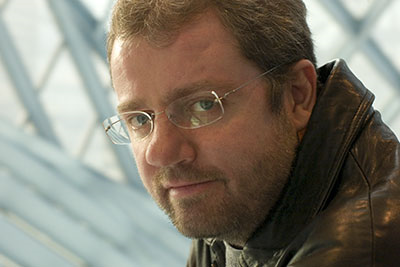
If the television version of Lovecraft Country aims to tell stories in an anthology format, there’s a wealth of folklore to tap into. It’ll be interesting to see what happens after the series tells the story in Ruff’s novel. Will the series continue to explore a Lovecraftian inspired mythos specific to the novel? Or will it move into folklore-inspired stories based on the African-American experience – like the paths taken in movies such as To Sleep With Anger (1990, Dir. Charles Burnett), Eve’s Bayou (1997, Dir. Kasi Lemmons) or Beasts of the Southern Wild (2012, Dir. Benh Zeitlin)?
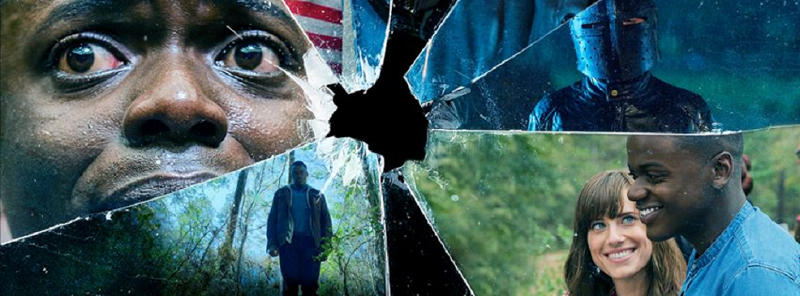
Howard Philips Lovecraft (1891-1937) has, to put it mildly, a complicated legacy in the horror genre. Alongside his undeniable imagination and creative energy is a clear record of unabashed racism. Perspectives on HPL vary wildly; passionate defenders like anthologist S. T. Joshi (visit his blog and scroll down to the 11-24-15 entry) contrast with authors like Daniel Jose Older, who launched the petition that ultimately moved the World Fantasy Convention to drop HPL as the image of their award in 2015.
Joshi protested the decision by returning the awards he received from the group. You can check our article on the new award design here.
Perhaps it’s easier to deal with the views of an author when they’re safely removed from our own time by a hundred years. Nathaniel Hawthorne (1804-1864), my favorite Great American Novelist, created the quintessential heroine in Hester Prynne and acted as a higher-brow creator dark gothic tales along with his contemporary Edgar Allan Poe. Hawthorne also held the deeply racist views of his time.
Richard Klayman, in his essay “What Should We Make of Nathaniel Hawthorne’s Racism?” quotes Hawthorne biographer Philip McFarland about the discomfort in admiring the superlative work of people who have very real faults. “We would prefer that those we admire be admirable in every way.”
Unlike Hawthorne, HPL is of our time. He is intimately connected to the changes in society in 20th and 21st century America. Books like Lovecraft Country specifically address his complex legacy and movies (like Get Out) telling socially relevant stories through the lens of the horror genre insure that we’ll be debating HPL for some time to come.
![]()

